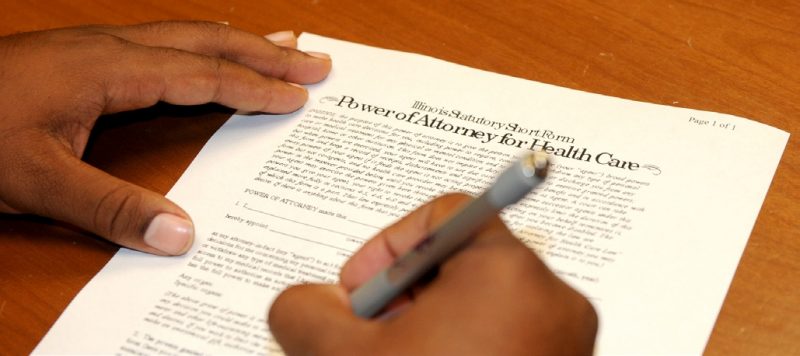What does signing a Healthcare POA do for me?
We talked previously about how a POA differs from a DNR (which is now referred to as a POLST). A Healthcare Power of Attorney is a very useful legal document that provides authorization for someone to act on your behalf regarding medical care when you are unable to do so yourself.
That said, signing a Healthcare POA may lessen the burden on caregivers. It also saves you from having to go to court and having a guardian appointed for you, by a judge who doesn’t know you.
What does a Healthcare POA allow my loved ones to do?
A Healthcare POA also allows your loved ones:
- To know what’s going on. A POA allows whomever you appoint to talk to doctors when you’re hurt or sick. (Instead of being blocked by privacy laws.)
- To avoid treatment delays. A POA allows your designated person to consent to treatment or surgery if you are too sick to do so for yourself.
- To get the best care. A POA allows someone else to check you into a hospital or other facility of their choosing.
- To make end of life decisions. Without a POA there could be a lot of disagreement about if/when/how life should be ended. It’s the sort of thing that destroys families. It also allows you to give guidance about end of life issues, like when to “pull the plug.”
- To have instructions from you regarding organ donation.
However, if you’re thinking about drafting a Healthcare POA, its important to consider the Dangers of a Do-It-Yourself POA, and how investing in an attorney may prove beneficial.
If you’d like to know more about preparing a Healthcare POA, please give us a call at 217-726-9200. We would be happy to chat with you about your next step.
To continue learning more, click here for our post, “Important Advice on Choosing a Healthcare POA.”
Check out our other resources on powers of attorney and how to choose a good helper
The Secret Test for Your Named Helper

